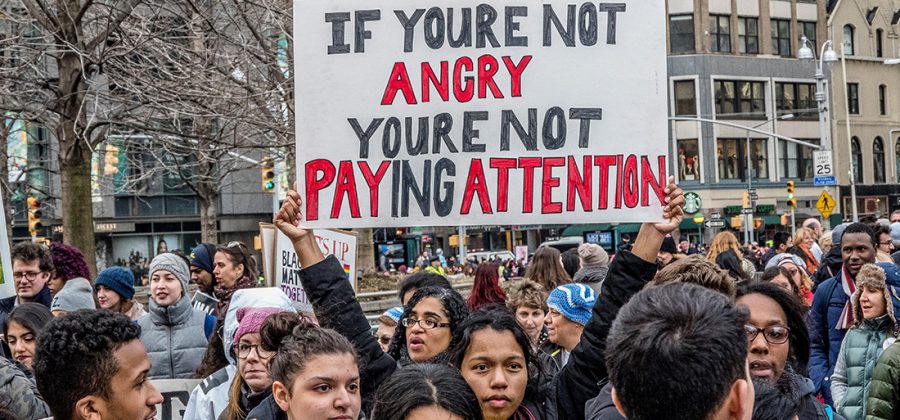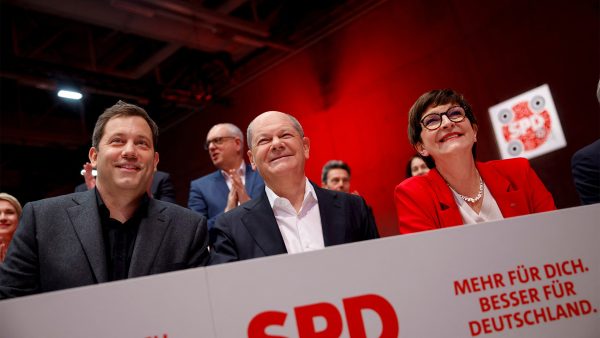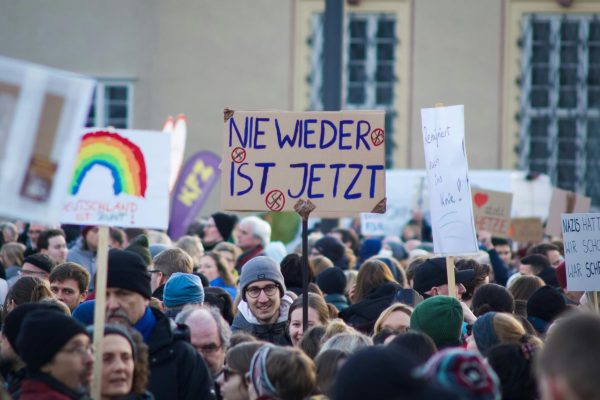Austria and its trouble with ‘Political Islam’
While Austria has had a strong tradition of populist, right-wing politics for decades, publicly voiced prejudices against Muslims remain comparatively rare. For some time, the country’s policy towards its Muslim population was regarded as a model to be adopted by other countries. However, this situation has started to change since Sebastian Kurz – along with the Austria’s People Party, a conservative Christian democratic party – was elected chancellor in 2017.
After an Islamic extremist went on a shooting rampage in Vienna last month, Kurz stated what he said provided the ideological framework legitimising the attack: “political Islam.” However, he fell short of defining the term. Trying to define political Islam is a complicated task, said Raffaello Pantucci, senior associate fellow at the security think-tank RUSI whose research focuses on terrorism and counter-terrorism. Islamism is a “spectrum from moderate stuff, donation and worship, all the way through to hard political Islam . . . and then jihadis and terrorists”, he said. “There is a point on that spectrum where, as a society, you draw the line. And where you draw that line depends on your political orientation.”
The piece of legislation that Kurz’s government plans to bring to parliament this month will include a ban on membership of designated “Islamist” organisations, wider-ranging authority for police to close mosques and other institutions deemed radical, preventive arrests and powers to strip radicalised individuals of their citizenship. On November 11th, Kurz stated that “In the fight against political Islam, we will create a criminal offence called ‘political Islam’ in order to be able to take action against those who are not terrorists themselves but who create the breeding ground for such.”
He elaborated further by stating “Political Islam is a poison for our community and social life and it should be fought by all means.” After this declaration, Umit Vural, the president of the Islamic Religious Community in Austria, cautioned against conflating violent extremism with religious orthodoxy. “There is no definition of political Islam,” statedVural. “I would like to invite all people of prudence and reason, to consider that we as a society must distinguish between the peaceful religion of Islam and these extremists.”
For the past five years, Kurz’s rhetoric against Muslim immigration and Islamist groups has set the Austrian chancellor apart from Europe’s other conservative leaders. While French president Emanuel Macron commonly makes the headlines for his harsh legislations aimed to single out the dangers posed by “Islamist separatism,” this has been part of Kurz’s agenda since he was the minister for foreign affairs from 2013 to 2017.
Kurz was instrumental in overseeing changes to the 1912 Islamgesetz, a piece of legislation regulating relations between the state and its Muslim citizens. In its original form, the law was intended to guarantee the rights and freedoms of Muslims in the Habsburg empire, giving them latitude on religious matters. However, in 2015, the legislation was altered to stipulate criteria for the appointment of imams, restrict foreign funding for religious institutions and designate representative bodies. As chancellor governing in a coalition with the populist right, Kurz used the law to expel 60 of the 260 Turkish imams preaching in Austria and to close seven mosques, as well as pushing through a ban on face coverings.
Furthermore, Susanne Raab, the integration minister of the Austrian government, has set up a new center to document what it calls “political Islam” in collaboration with the chancellor. However, the attempt to “fight the dangerous ideology of political Islam,” as the minister claims, turns out to be the latest step in surveilling Muslims and pushing Muslim civil society organizations to the margin. Raab has asserted that this project is not directed against Islam, and is rather aiming to “fight against the dangerous ideology of political Islam” and to “contain extremism and foreign influences.” However this project does not come as a surprise as the the coalition government, established under the leadership of Kurz and the Greens, proposed extending a headscarf ban, to fight“political Islam,” and extraordinary security measures such as the detention of immigrants and refugees believed to have the potential to commit crimes without a court order, known as security imprisonment
In a 2017 interview with the Financial Times, Kurz decried anti-Semitism, misogyny and the creation of “parallel societies” as totems of the hardline Islamist beliefs he opposed. The 34-year-old leader has staked much of his political career on tapping into such concerns — winning back votes for his party, the moderate conservative Austrian People’s party from the populist right. Many Austrians are worried about immigration and what they see as growing challenges to traditional societal norms, with a 2017 survey by think-tank Chatham House finding that 65 per cent of Austrians were in favour of banning any further immigration from Muslim countries. With a Catholic majority in the country, half of Austrians believe mosques should not be tolerated and say they have a negative image of Muslims, according to a 2019 study by the University of Salzburg. This agitated and prejudiced approach towards Muslim citizens, who make up eight percent of the country’s population, has led to a collective community fear to walk the streets of the city they call home as they are scared of being victims of violent or verabl assaults.
Political Islam presents itself as pro-democracy and equality, while having a hidden agenda. Anti-Muslim rhetoric in Austria with entrenched Judeophobic prejudices is found in the society at large. In this sense, some kinds of Islamophobia may serve as a cover for anti-Semitism. This view is very much in accordance with Austria’s collective memory, which for a long time has demonstrated an amiable attitude towards Muslims, whereas Jews have always been seen as the “enemy.” At a time when anti-Semitism has become socially disrespected, Islamophobia, a widely held attitude throughout Europe, is being used to appeal to Judeophobic sentiments.





